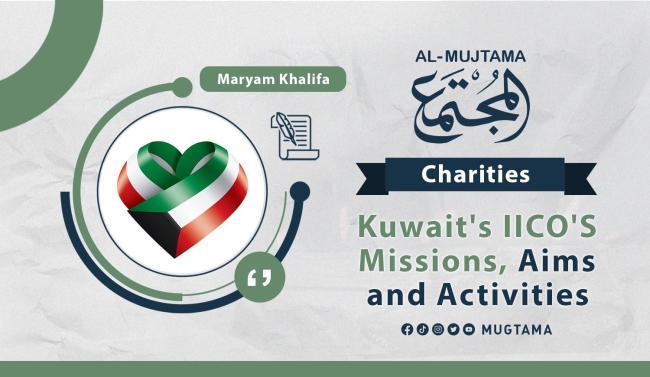Managing Familial Verbal Violence through Islamic Teachings Featured
Have you ever noticed how harmful and aggressive language can cause serious problems within a family?
Well, that's what we call verbal violence. It can take different forms like yelling, insulting, constant criticism, and mockery.
Verbal violence happens when there are unresolved conflicts and anger within the family.
When people can't express their emotions properly, it adds to the problem. Sometimes, exposure to aggressive media or negative role models can make it worse.
Verbal violence can have really bad effects on everyone involved. It can cause emotional and psychological trauma, strain relationships, and create a hostile and tense environment at home.
Kids who witness or experience verbal violence may even have problems with their development, like low self-esteem, anxiety, and not understanding what a healthy relationship looks like.
How Islam Can Help:
Islam has great teachings that can help solve the problem of verbal violence in the family. The Quran, which is the holy book of Islam, tells us how important it is to speak kindly and respectfully. It says that Muslims should avoid talking badly about others and spreading rumours. Instead, Islam promotes understanding and compassion. Allah Almighty says: "And speak nicely to people" Surah al-Baqarah.
The Sunnah, which is the way the Prophet Muhammad (peace be upon him) lived his life, also gives us guidance on how to have gentle and peaceful interactions. The Prophet forgave and made peace with his enemies, showing us that conflicts should be resolved peacefully. Islam also encourages positive family dynamics by promoting empathy, understanding, making decisions together, and seeking help from counselors and guides. Abu Dharr narrated that the Messenger of Allah said: "Your smiling in the face of your brother is charity, commanding good and forbidding evil is charity, your giving directions to a man lost in the land is charity for you."
Sir William Muir says about Muhammad's (ﷺ) morals: "Muhammad (ﷺ) possessed an extraordinary combination of gentleness, compassion, and firmness. His behavior towards his family, friends, and enemies reflected immense humility and justice."
Putting Islam into Practice:
If you want to stop verbal violence in your family, there are some practical steps you can take using Islamic principles.
- It's important to listen actively to each other. This means really paying attention and trying to understand what the other person is saying. It helps create an environment where everyone feels heard and understood.
- When there are conflicts, it's important to communicate in a constructive and respectful way. This means talking calmly and finding solutions together.
- It's also important to control your anger and not let it turn into verbal violence. Abu Hurairah (RAA) narrated that Allah's Messenger (ﷺ) said: “The strong man is not the good wrestler, but the strong man is he who controls himself when he is angry.” Agreed upon.
- However, if the problem keeps happening, it's a good idea to seek help from Islamic counselors, scholars, or professionals who specialize in family therapy and mediation.
Verbal violence in the family is a serious issue that needs to be addressed. Islam provides valuable guidance through its teachings in the Quran, Sunnah, and principles. By promoting respectful communication, forgiveness, empathy, making decisions together, and seeking help when needed, Islam gives us a comprehensive framework to solve verbal violence effectively. Remember, it takes effort and commitment from everyone in the family to tackle this problem. By following Islamic principles and getting professional help, when necessary, families can create a loving, respectful, and harmonious environment that benefits everyone.


